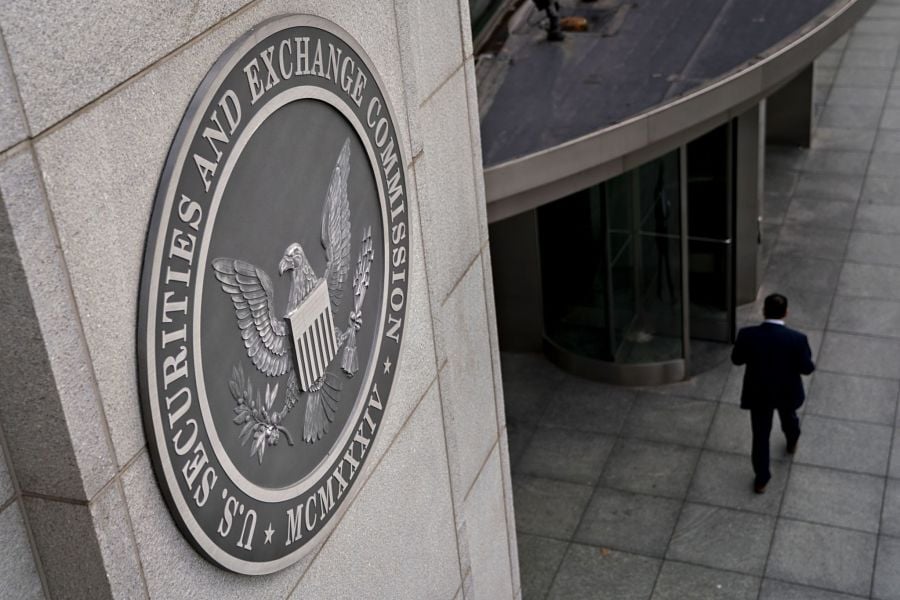

Beware of celebrities hyping SPACs.
That’s the message from the Securities and Exchange Commission, which warned investors Wednesday about buying shares of special purpose acquisition companies based on endorsements from Hollywood actors, professional athletes and famous musicians.
The SEC highlighted that the red-hot listings, which have captured the attention of Wall Street and retail investors, can pose substantially more risks than typical initial public offerings.
“It is never a good idea to invest in a SPAC just because someone famous sponsors or invests in it or says it is a good investment,” the agency said in a statement.
The SEC didn’t name any specific celebrities. A number of stars have announced ties to the blank-check companies, including rapper Jay-Z, NBA player Steph Curry and tennis champion Serena Williams.
The SEC’s caution flag about SPACs is similar to a warning it issued in 2017 about initial coin offerings when Bitcoin and other cryptocurrencies were soaring.
The agency said at the time that investors should be wary of investing in ICOs based on celebrity pitches. The regulator later brought enforcement actions against popular icons such as boxer Floyd Mayweather and rapper DJ Khaled for not disclosing they were being paid for the endorsements.

Canadian stocks are on a roll in 2025 as the country prepares to name a new Prime Minister.

Two C-level leaders reveal the new time-saving tools they've implemented and what advisors are doing with their newly freed-up hours.

The RIA led by Merrill Lynch veteran John Thiel is helping its advisors take part in the growing trend toward fee-based annuities.

Driven by robust transaction activity amid market turbulence and increased focus on billion-dollar plus targets, Echelon Partners expects another all-time high in 2025.

The looming threat of federal funding cuts to state and local governments has lawmakers weighing a levy that was phased out in 1981.
RIAs face rising regulatory pressure in 2025. Forward-looking firms are responding with embedded technology, not more paperwork.
As inheritances are set to reshape client portfolios and next-gen heirs demand digital-first experiences, firms are retooling their wealth tech stacks and succession models in real time.
